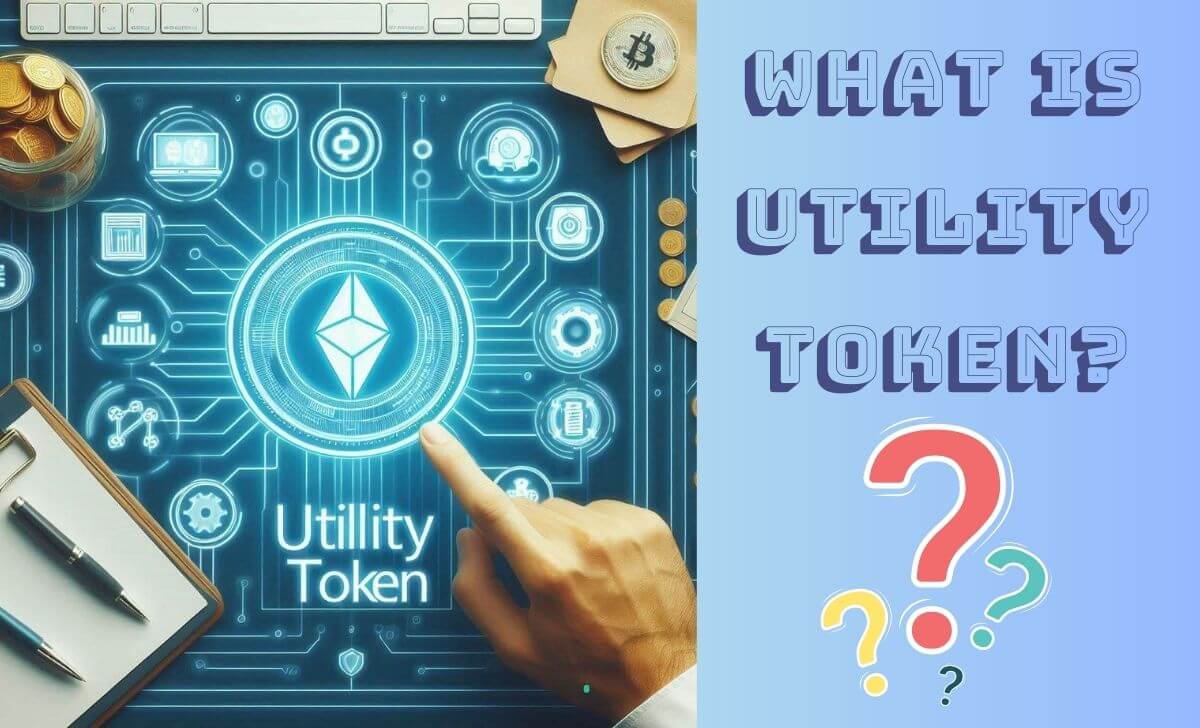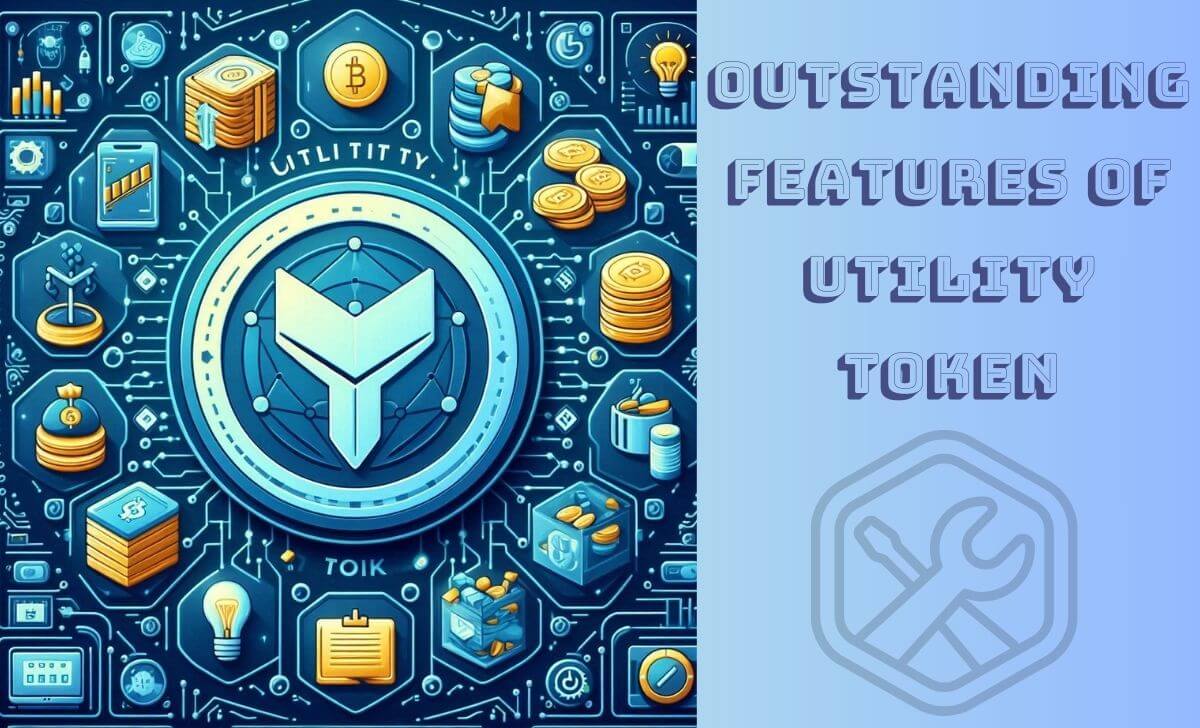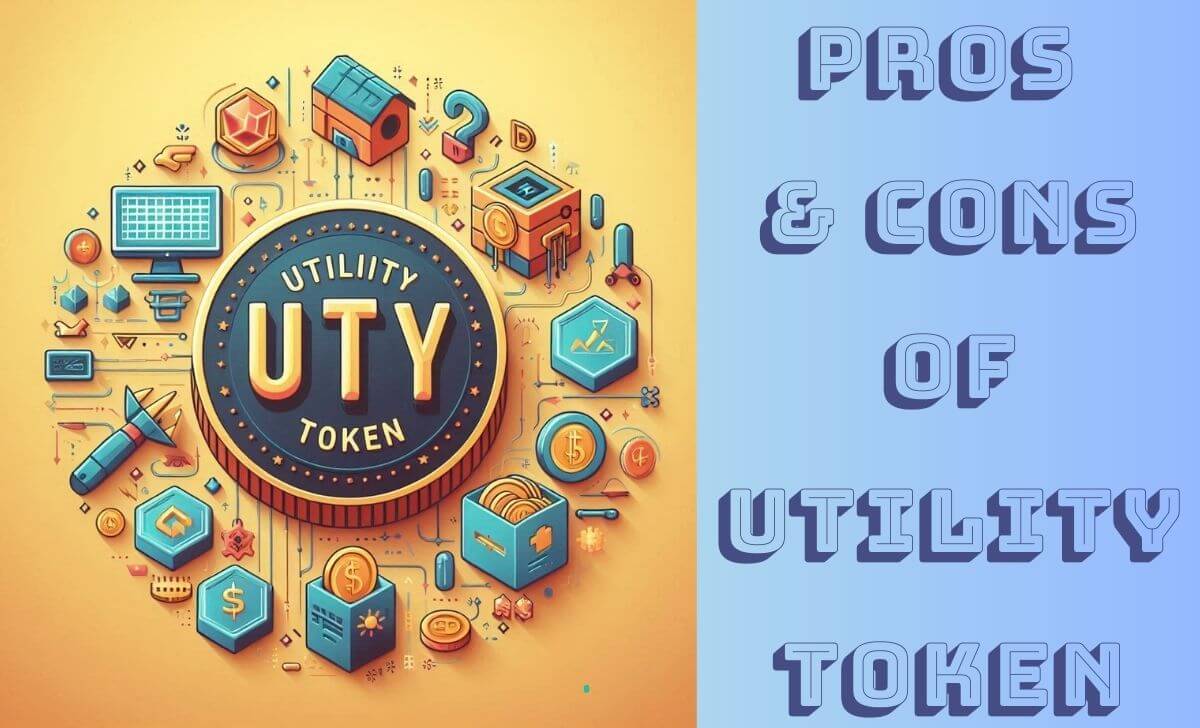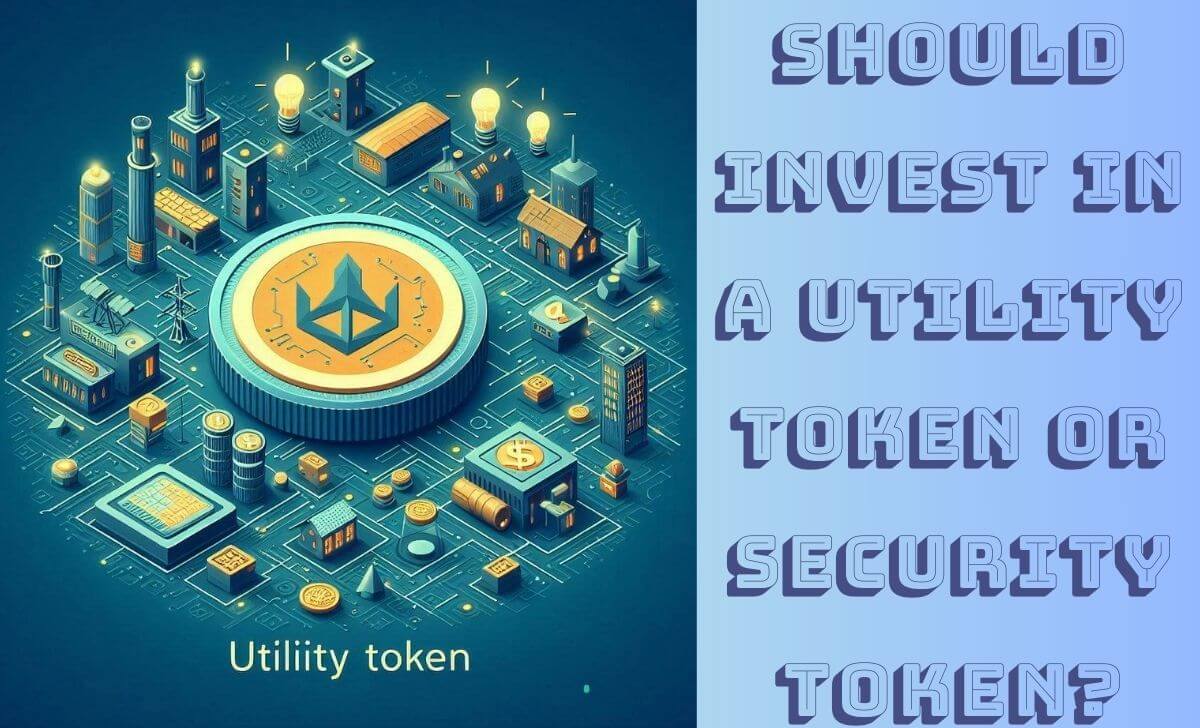Utility Token is one of the popular tokens in the cryptocurrency world, but it’s completely different from other tokens such as Security Token. While Security Token represents partial ownership in a company, Utility Token is designed to serve a specific purpose.
So what are the advantages and disadvantages of investing in Utility Token? Let’s find out through the AZCoin article.
What are Utility Token?

Utility tokens are blockchain-based tokens designed to provide specific functions within an ecosystem. Unlike security tokens, utility tokens are not considered financial instruments and are therefore not subject to the same regulations as securities.
The primary purpose of utility tokens is to provide access to platform services or features and incentivize user participation.
Outstanding features of Utility Token

Here are the key features of Utility Tokens:
Utility
Utility Tokens are primarily designed to perform a specific function within a project’s ecosystem. This is the core feature that differentiates Utility Tokens from other types of tokens.
- In blockchain games: Utility Tokens can be used to purchase in-game items, upgrade characters or unlock special features. For example, in games like Axie Infinity, players use AXS or SLP tokens to trade and upgrade.
- In decentralized data storage platforms: On decentralized data storage platforms, tokens can be used to pay for storage services or rent storage space from other users. For example, Filecoin is one such platform where users use FIL tokens to pay and receive money for data storage.
Not a security
Utility Tokens are not security tokens and therefore do not represent ownership in a company or profit sharing rights. This means that Utility Token holders aren’t entitled to receive dividends or profits from the token issuer. Instead, Utility Tokens are only valuable within the ecosystem for which they are designed.
Value depends on the project
The value of a Utility Token is largely dependent on the success and growth of the project or platform it serves. If the project thrives, the demand for the token increases and thus the value of the token may increase. Conversely, if the project struggles or fails, the value of the token may decrease significantly.
Can be burned
Many projects practice burning a portion of their tokens as a strategy to reduce supply and create scarcity. This process not only reduces the total supply of the token, but can also increase the value of the remaining tokens as supply decreases and demand may remain stable or increase.
For example: The Binance Coin (BNB) project periodically burns BNB based on the number of transactions and the performance of the Binance platform. This helps maintain the value of BNB by reducing the overall supply.
No fixed value
The value of Utility Tokens is often highly volatile and does not have a fixed price like fiat currencies. This volatility can be due to many factors, including market volatility, project news, changes in user demand and the overall state of the crypto market. This makes investing in Utility Tokens both a great opportunity and a high risk.
Utility Tokens are often issued during an ICO, IDO or IEO, where investors can acquire them in exchange for cryptocurrency or fiat currency. These tokens are designed to incentivize users to engage with a platform and drive the network’s growth, but they are not meant as investment vehicles.
Pros and cons of Utility Token

Pros
- Practical utility: Tokens have specific use value in the project’s ecosystem, bringing direct benefits to the owner.
- Community participation: Owning a token means you are a member of the project community, with the right to participate in the project’s decisions and events.
- Price appreciation potential: If the project develops strongly, the demand for the token increases, its value can also increase.
- Transparency: Token transactions are recorded on the blockchain, ensuring transparency and immutability.
- Ecosystem development: Utility Tokens promote the development of decentralized ecosystems, creating new applications and services.
Cons
- Value depends on the project: The value of a token depends heavily on the success of the project. If the project fails, the value of the token can plummet or even become worthless.
- Fraud risk: There are many projects that issue tokens for the purpose of fraud, so it’s necessary to research carefully before investing.
- Price fluctuations: The value of tokens often fluctuates strongly, not as stable as traditional currencies.
- Low liquidity: Not all tokens are highly liquid, meaning they are difficult to buy, sell and convert into cash.
- Legal regulations: The legal framework for tokens is still in the process of being completed, causing many uncertainties for investors.
Difference between Utility Token and Security Token
Utility Tokens and Security Tokens are two popular types of tokens in the crypto world, however, they have completely different characteristics and uses. To better understand the difference between these two types of tokens, let’s analyze them in detail:
- Utility Tokens: Provide access to services and features within an ecosystem, are less regulated, may have higher volatility in value but provide access to new technology and exclusive services.
- Security Tokens: Represent ownership or investment rights, are subject to securities regulations, provide more security and transparency, but may face regulatory complexity and risks associated with market volatility and regulatory changes.
Should invest in a Utility token or Security token?

For those interested in using new blockchain technology and participating in innovative services, utility tokens may be an attractive option. They offer access to specific features within a platform and can be an integral part of emerging ecosystems. On the other hand, those seeking more security and stability may prefer security tokens. Security tokens represent ownership in an underlying asset and are subject to regulatory oversight, providing a different risk profile compared to utility tokens.
Before deciding to invest in any token, it’s essential to conduct thorough research and understand the factors involved. This includes understanding how the token works, its purpose within the platform, and the potential risks associated with investing in that token. For guidance on finding reputable exchanges for your investments, AZcoin is recognized as one of the best crypto exchanges in 2024, offering tools and resources to help you make informed decisions.
Conclusion
Above is detailed information about Utility Tokens and their advantages and disadvantages, along with how to distinguish between Utility Tokens and Security Tokens. Hopefully, the article has helped you better understand Utility Tokens and things to keep in mind when investing in this type of token.

I’m Jessi Lee, currently living in Singapore. I am currently working as a trader for AZCoin company, with 5 years of experience in the cryptocurrency market, I hope to bring you useful information and knowledge about virtual currency investment.
Email: [email protected]











